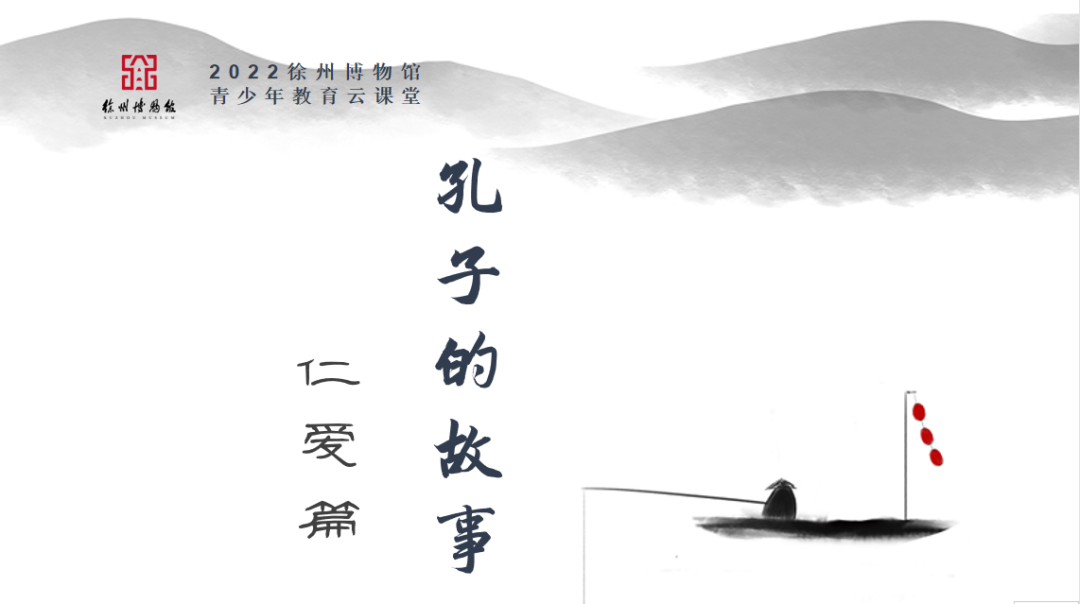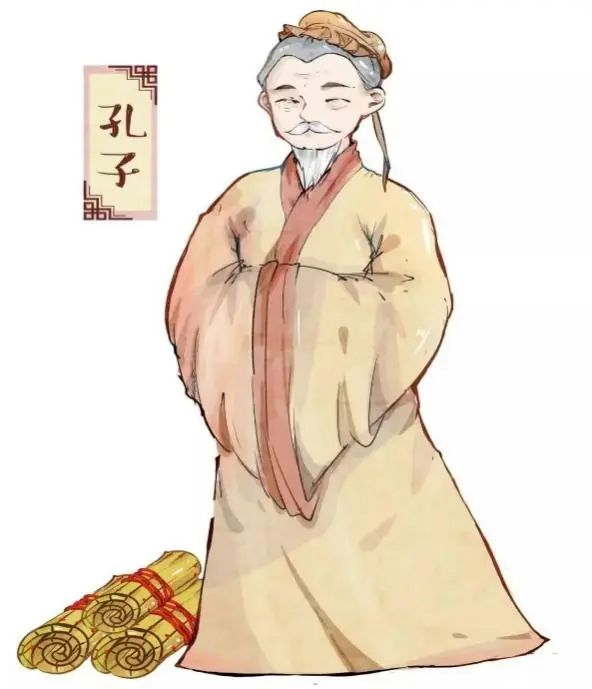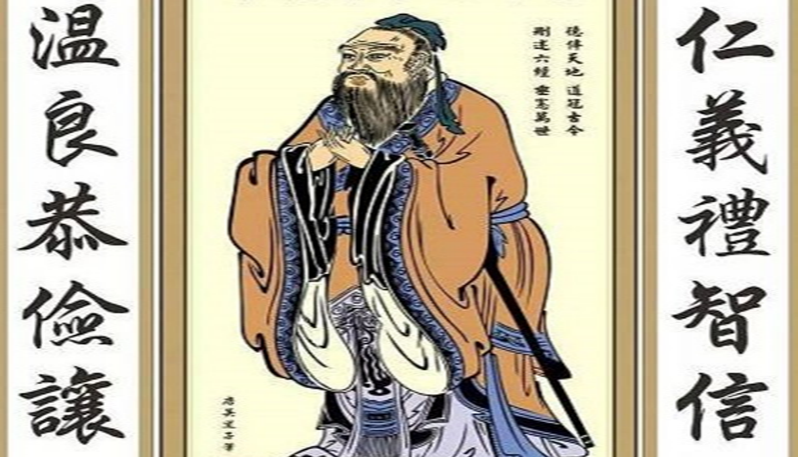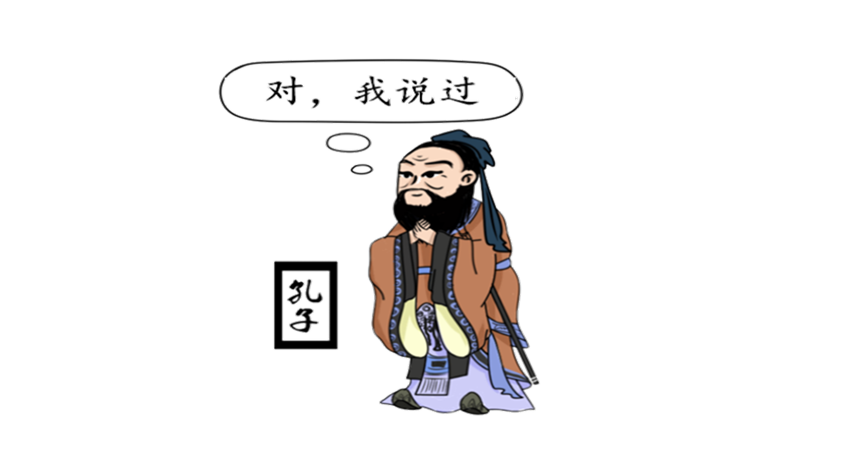
 Visit Appointment
CN
Visit Appointment
CN
The online course "The Story of Confucius" consists of four chapters, which are studious, critical, benevolent and honest. Today I would like to introduce to you the third session of the course "Confucius' Thoughts of Benevolence".

Confucius (September 28, 551 BC -- April 11, 479 BC), whose surname is Kong, first name is Qiu, and first name is Zhong Ni, born in Chou, Lu (now Qufu City, Shandong Province) and ancestral home is Guoli Town (now Xiayi County, Henan Province), was a great thinker, statesman and educator in ancient China, the founder of the Confucian School, and "the most sage teacher to Great Success".

Confucius created a private teaching style, advocating benevolence, justice, propriety, wisdom and faith. There were three thousand disciples, seventy-two of them wise men. He led some disciples to travel around the world for 14 years. In his later years, he revised the Six Classics (Poems, Books, Rites, Music, Changes, Spring and Autumn Annals). After his death, his disciples and their successors wrote down the sayings and thoughts of Confucius and his disciples and compiled them into the Analects of Confucius. The book is regarded as a Confucian classic.

Confucius was one of the most knowledgeable scholars in the society at that time. He was honored as "the sage of Heaven" and "the wood of Heaven" when he was alive. He was also honored by later rulers as the sage of Confucius, the sage of heaven, the sage of King Wenxuan, and the teacher for all generations. His thoughts had a profound influence on China and the world, and he was listed as one of the "World's top Ten cultural celebrities". With the expansion of Confucius' influence, the "Grand Ceremony of offering sacrifices to Confucius" once became a big sacrifice on the same level as the Chinese ancestor gods.

Confucius' idea of "benevolence" requires that we all love ourselves, others and society. We are all brothers in the four seas. This is a kind of great love expressed by Confucius thought. Confucius regarded "love" as the norm of society and the norm for people to restrain themselves. It had an important impact on society at that time. Confucius believed that in order to "love others", one should follow the principle of "loyalty and forgiveness", which is the requirement of "do not do to others what one does not want others to do to you". "The Doctrine of the Mean" quotes Confucius as saying: "The sound of benevolence, people also, kiss is great. "The Analects of Confucius, Learning and Learning" : "Confucius said:... Filial piety is the foundation of benevolence. All these show that in our society, we need to be "caring for the old and the old of others" and "the young and the young of others". The principles of loyalty and forgiveness -- "Do not do to others what you do not want to do to others", "do to others what you want to do to others, and" do what you want to do to become a master "-- should be taken as the principles of" benevolence ". Only in this way can you better cultivate your excellent character.

Benevolence thought, to a certain extent, can play the original source, vibration and decay of the function of eliminating evils. From the sense of self-improvement, Confucius' thought of cultivating oneself and loving one's lover, and neo-Confucianism 's concept of moral self-discipline and loving one's lover as oneself, have the significance of the foundation of one's personal well-being. In terms of its larger goal, can make the society perfect, world peace, cultivate a good social atmosphere. Combining with the new situation, we advocate the Confucian ethics and benevolence thought, which can promote the Confucian spirit of cultivating oneself and lovers, putting ourselves in others' shoes, emphasizing self-examination and self-prudence, treating others with courtesy, keeping faith and respecting others, and thus play a positive role in solving social problems.
|
Previous:Meet the queen mother of the west
Next:Online Cloud Classroom: The Story of Confucius (1) |
Back to list |